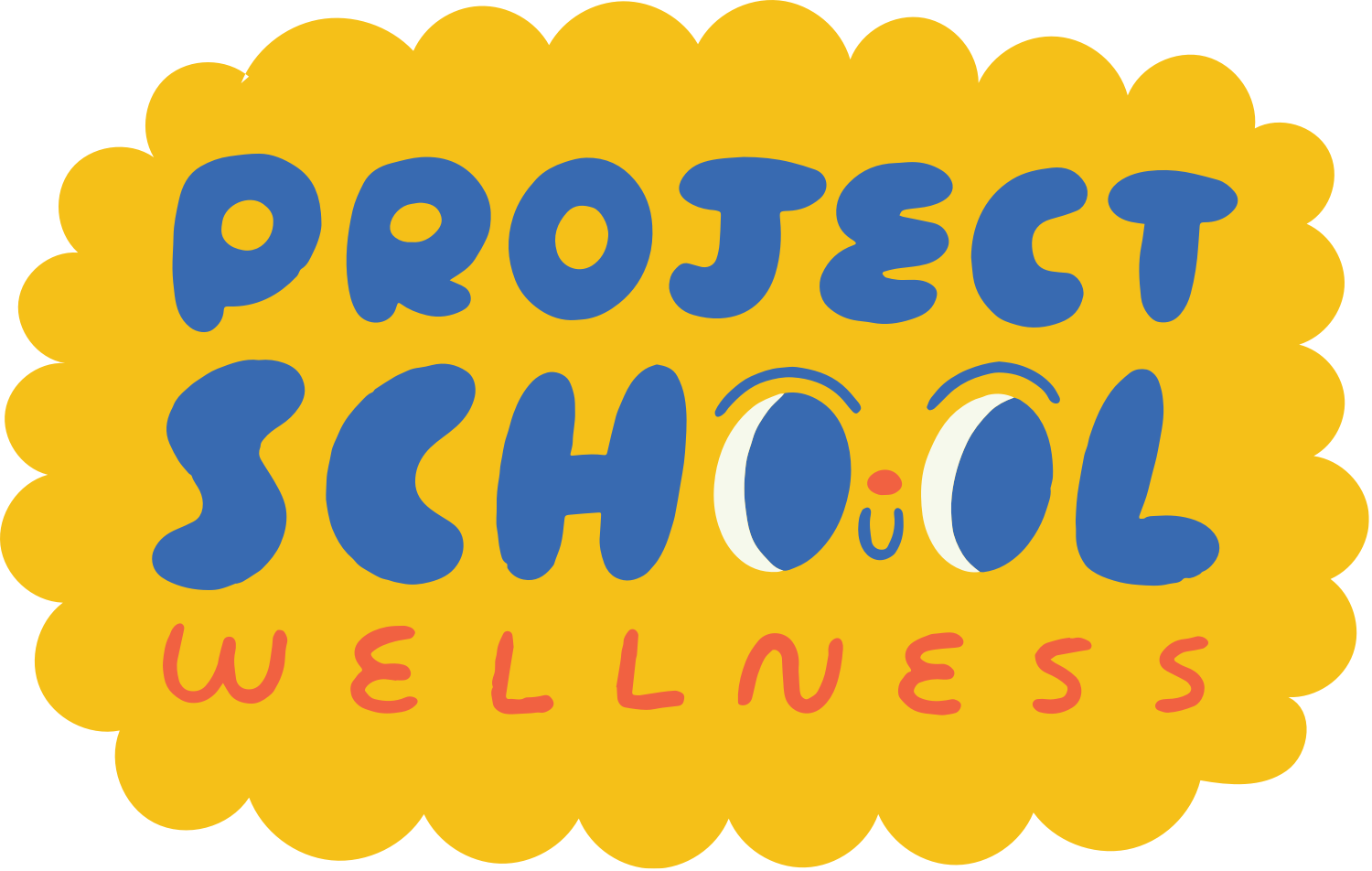Back-to-School Resource Round-Up, With Free Lesson Plans
Maternity leave is over, let's get back to it...
Like I was saying, August is so fun. We're rejuvenated from a lovely summer break and ready to get back to work molding young minds and changing the world one lesson at a time (seriously, teachers are superheroes)!
So to celebrate the arrival of August and the official launch of Back-to-School season, I wanted to do a resource round-up to help make your BTS planning a little bit easier (make sure you scroll to the end for some awesome freebies)!
»»» Oh but before we get to the resources, make sure you check out this tour of my classroom!
No-Prep, Ready-to-Teach Health Lesson Plans
Project School Wellness Health Curriculum: A low-prep health curriculum for middle and high school (with elementary coming soon!). This year-long (and digitally optimized) health curriculum is perfect for any health teacher. Detailed lesson plans, instruction videos, teaching PowerPoints, answer key and grading rubrics, and more!
Comprehensive Sex Ed Unit: Teaching Sex Ed used to terrify me! But after a few years under my belt, I've come to love it (yes, I love teaching Sex Ed!)! I developed a middle and high school Sex Ed curriculum because teaching this crucial and necessary subject doesn't have to be painful, awkward, or uncomfortable.
SMART Goal Mini-Unit: Goal writing is key to success in all elements of life. Which is exactly why I created this mini-unit. When I started teaching middle school, I was shockingly alarmed by how poorly my students wrote goals. The goal writing formula in this mini-unit has made all the difference!
Fitness Unit: One of the primary goals of any health or P.E. class is for students to develop tangible skills. Skills that empower them to take ownership of their well-being.
My Favorite Free Resources
My Healthy Life: This mini-poster is my go-to first day of school activity. It helps me to get to know my students while also gauging their understanding of health.
Mission Statement Writing Activity: This is honestly my favorite lesson! I'm always so amazed at how seriously my students take this activity. It's pretty incredible to read the finished product.
Media Audit: I seriously looove this lesson. I think it's so important for students to learn how to critically assess what they see, hear, and read in the media. This activity challenges them to do just that.
Kudo Cards: We all know how important it is to praise students, but I'll be the first to admit that I don't do it as often as I should. Thankfully, these student praise cards make it super easy! This is a must-have for any teacher!
Introduction to Health Mini-Units (and a preview of the Project School Wellness Health Curriculum): In the first module of the Project School Wellness Health Curriculum, students are introduced to the basics of health. If you don't have space in your course planning to offer an extensive health curriculum, this is a great crash course!



